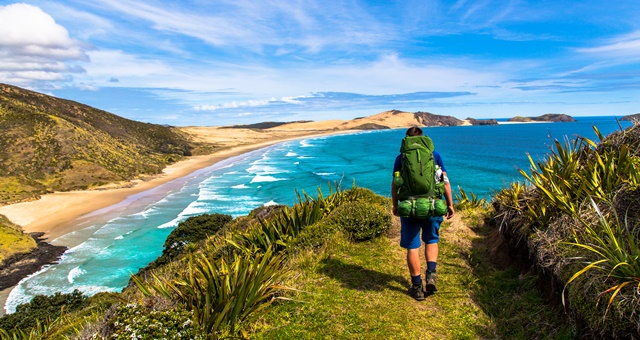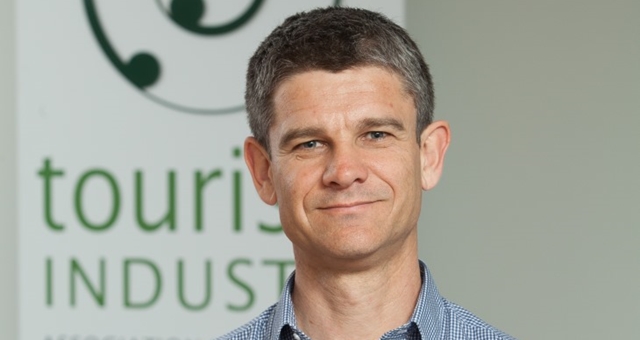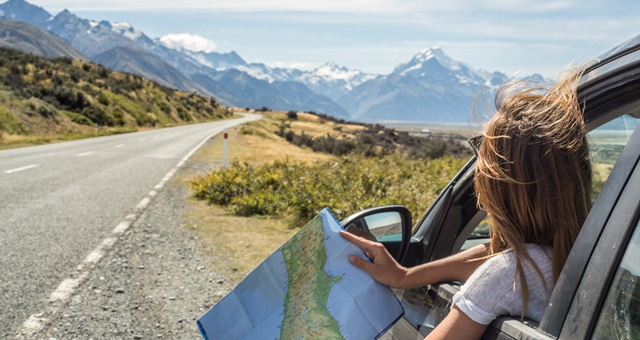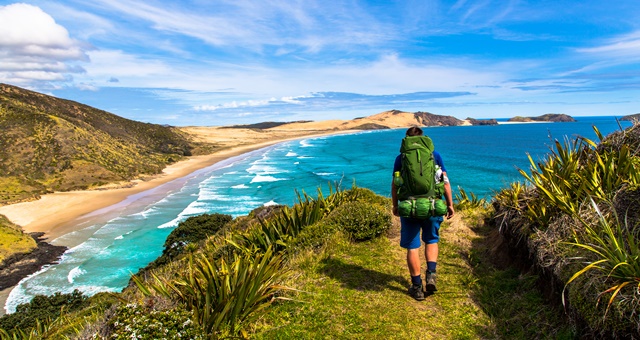
Increasing numbers of tourists, both domestic and foreign, visiting New Zealand could erode what makes the country attractive to visit, New Zealand’s Parliamentary Commissioner for the Environment, Simon Upton, has claimed.
In a fairly brazen salvo fired upon the industry, the ‘Pristine, popular… imperilled? The environmental consequences of projected tourism growth.’ report warns that existing tourist numbers are putting pressure on popular visitor hotspots and that a “business as usual” approach will only make the problem worse.
According to the report, current annual visitor numbers of four-million could rise to 10-13 million each year by 2050.
“We need to ask: are we in danger of killing the goose that laid the golden egg,” asked Commissioner Upton.

While the report did not contain any recommendations for change, plans for a second report which will “elaborate some of the policy options” may be tabled in 2020, on which the government may launch a debate or a review on industry practices.
The report said existing policies, particularly those emphasising sustainability, were unlikely to prevent a worsening of tourism’s environmental impact and that a different approach was required.
Tourism Industry Aotearoa has responded to the report, saying the whole point of tourism was to benefit New Zealand and that the Commissioner’s submission was a valued contribution towards a mutually positive outcome for all parties concerned, including the New Zealand people.
TIA Chief Executive, Chris Roberts, said the industry was already focused on protecting the environment in which it operates and that initiatives such as the Tiaki Promise and the Tourism Sustainability Commitment already had strong commercial support from the sector.
“Nobody wants tourism at all costs,” Roberts said, agreeing with the Commissioner that new approaches were needed to manage the environmental costs of tourism.

“The industry creates business opportunities and jobs, attracts foreign exchange and investment, and adds vibrancy to communities around the country.
“But we want to work with our communities to shape the tourism future they want.”
The TIA boss said it was impossible to predict with any real accuracy what the tourism industry and visitor arrival numbers would look like in 2050, but that if the country protected the environment and supported thriving businesses engaged with their local communities, then New Zealand would continue to attract “the right number of visitors”.
“Given the lack of data, the Commissioner has relied on anecdotal evidence – primarily media coverage, which is a highly unreliable way of assessing impact, especially in a rapidly evolving media landscape often driven by ‘click bait’ and social media influencers,” Roberts added.
TIA has been asked to respond formally to the governmental report early next year.

